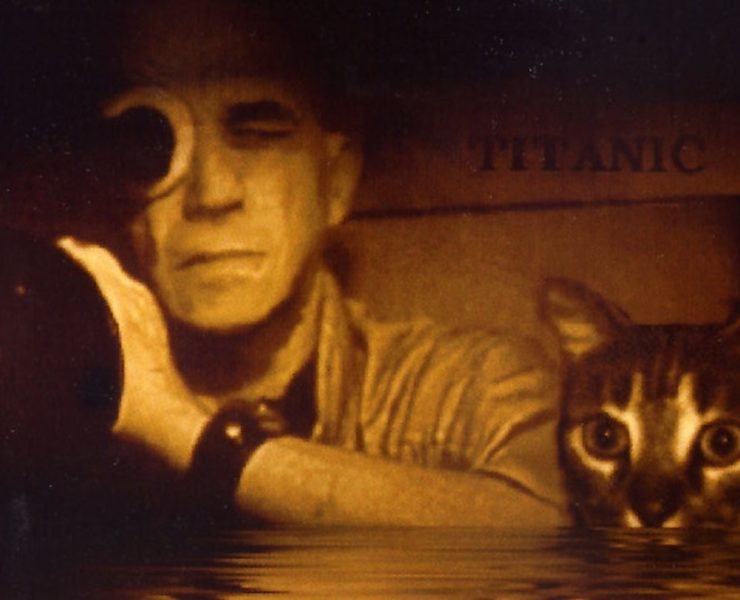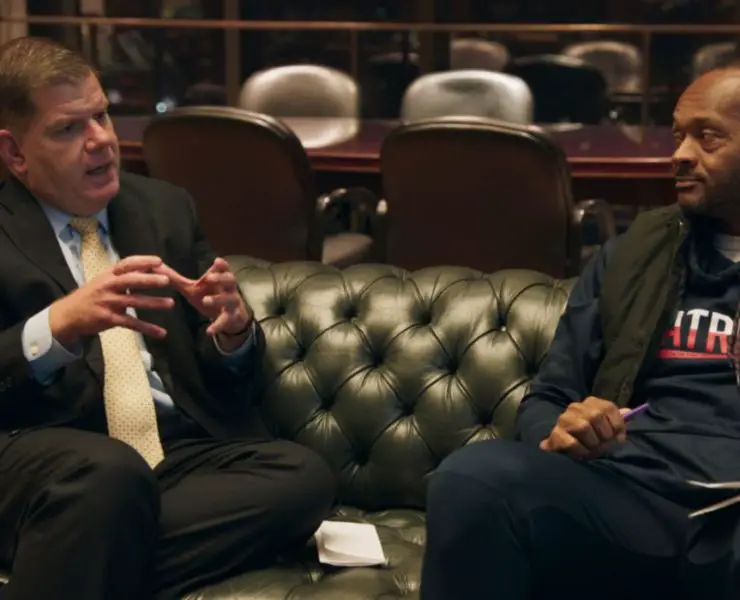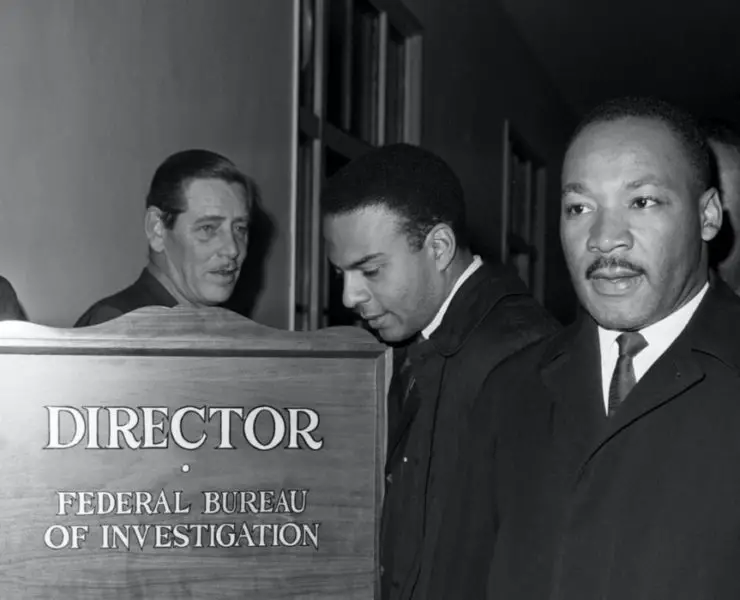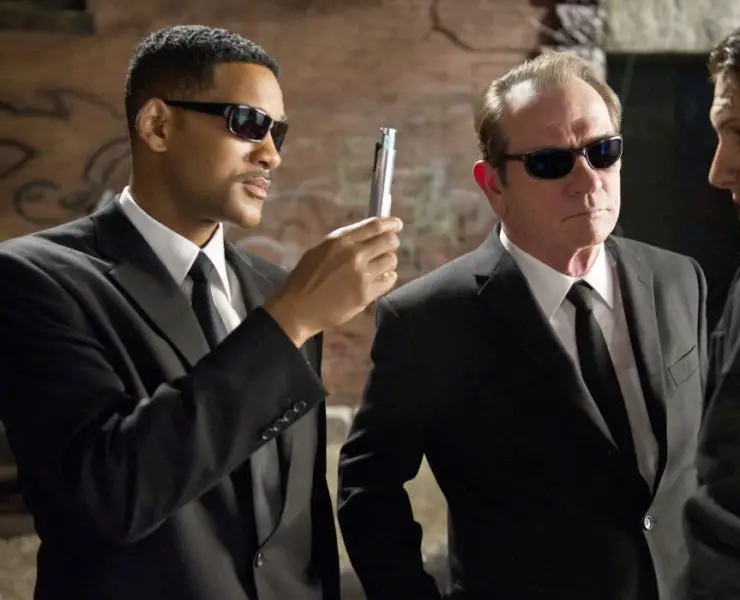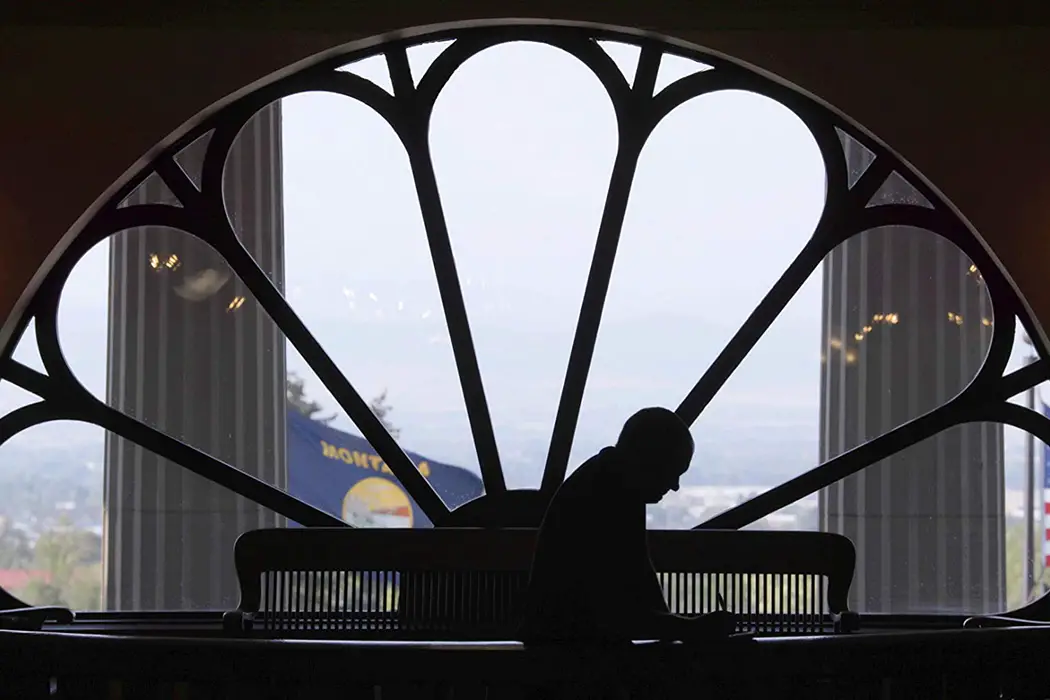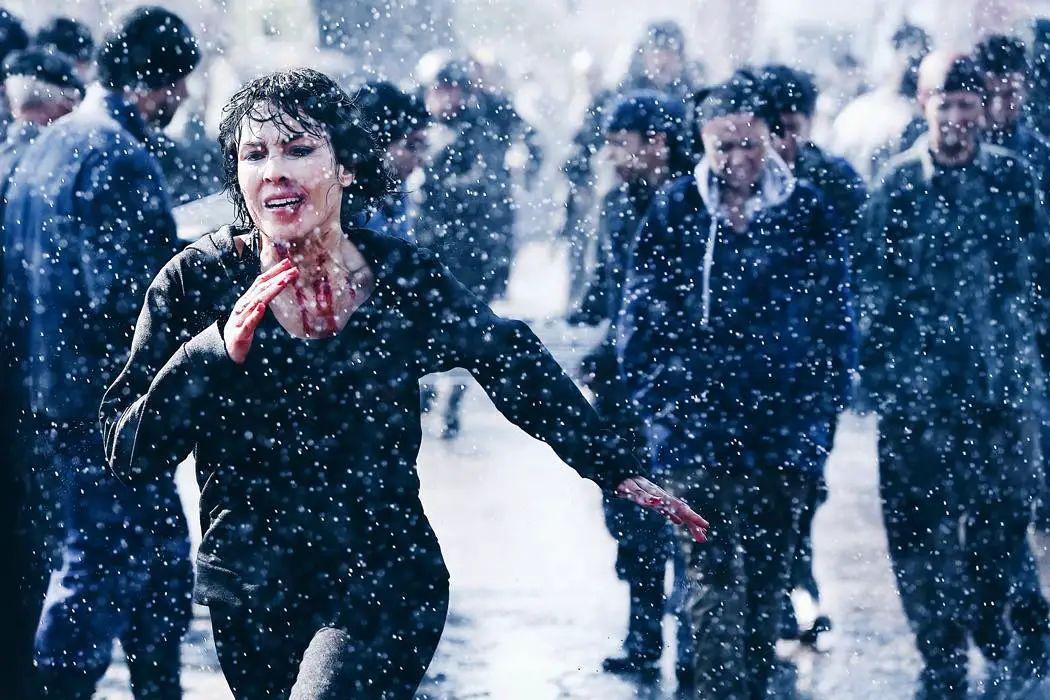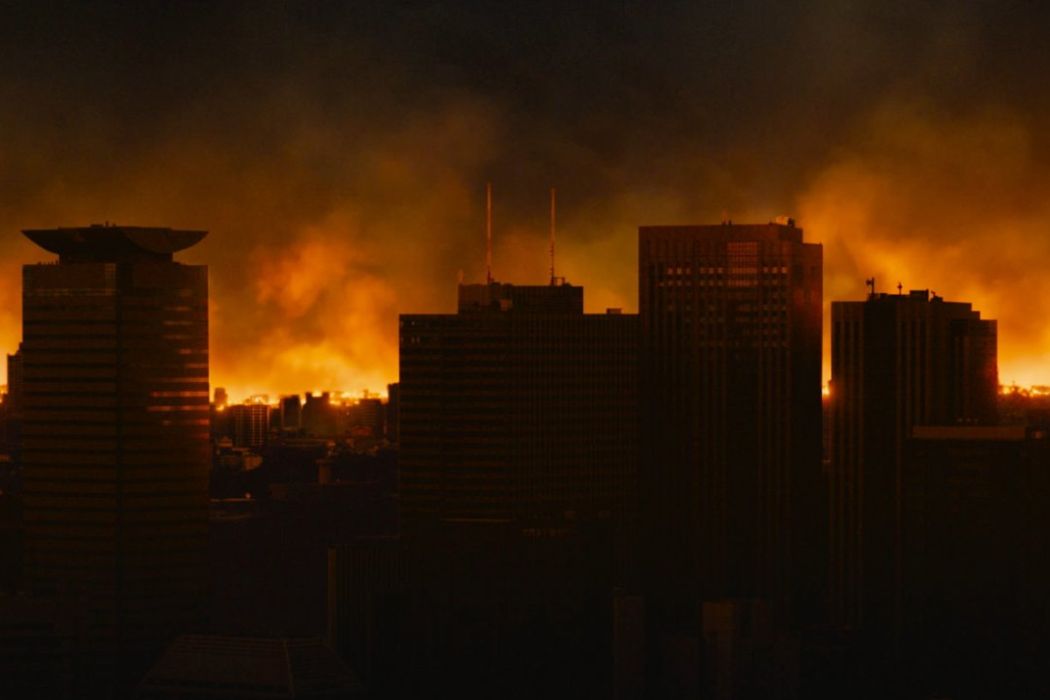government
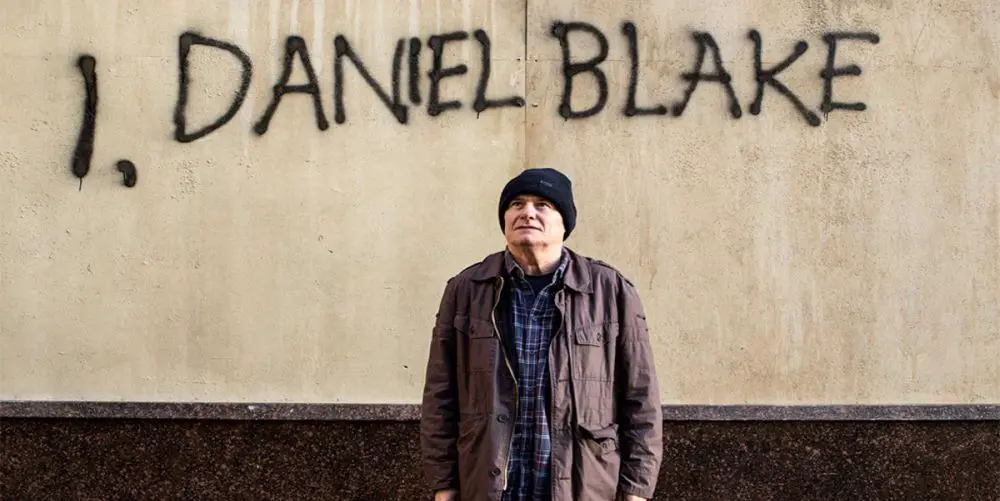
In 2013, Ken Loach seemed destined to enter the pantheon of filmmakers who bow out with a movie that was, at best, inconsequential to the hard hitting filmography that came before. His proposed final film was 2014’s Jimmy’s Hall, a film about the tensions between the Catholic Church, local government and the vibrant youth culture of 1930’s Ireland. For one of the most important British filmmakers of all time, bowing out with a period piece that paid more than a little narrative debt to Footloose ensured underwhelming results.
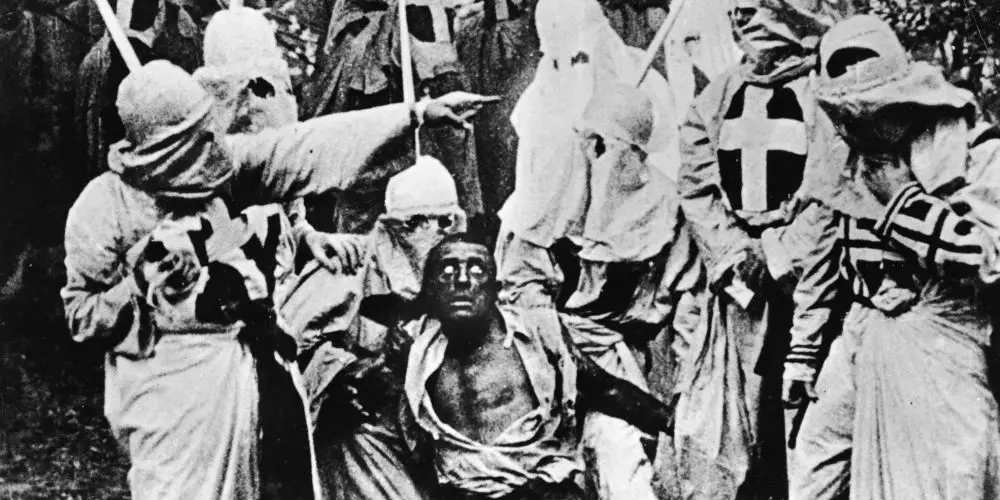
Ava DuVernay returns to the documentary format with 13th, a look at the amendment of the United States Constitution that simultaneously abolished slavery and established a loophole for denying rights to targeted groups. The troubling wording in the amendment has to do with convicted criminals, who are the only people exempt from the abolishment of slavery and involuntary servitude. That exemption, while small at the time, has snowballed into a huge issue thanks to America’s system of mass incarceration.

Despite frequently being labeled the most reclusive country in the world, in the past half decade or so there have been a preponderance of documentaries about North Korea. TV shows, websites and documentary filmmakers have all offered their own spin on what is colloquially referred to as “The Hermit Kingdom”. Though told in different ways, all of these pieces have generally come to the same conclusion:


